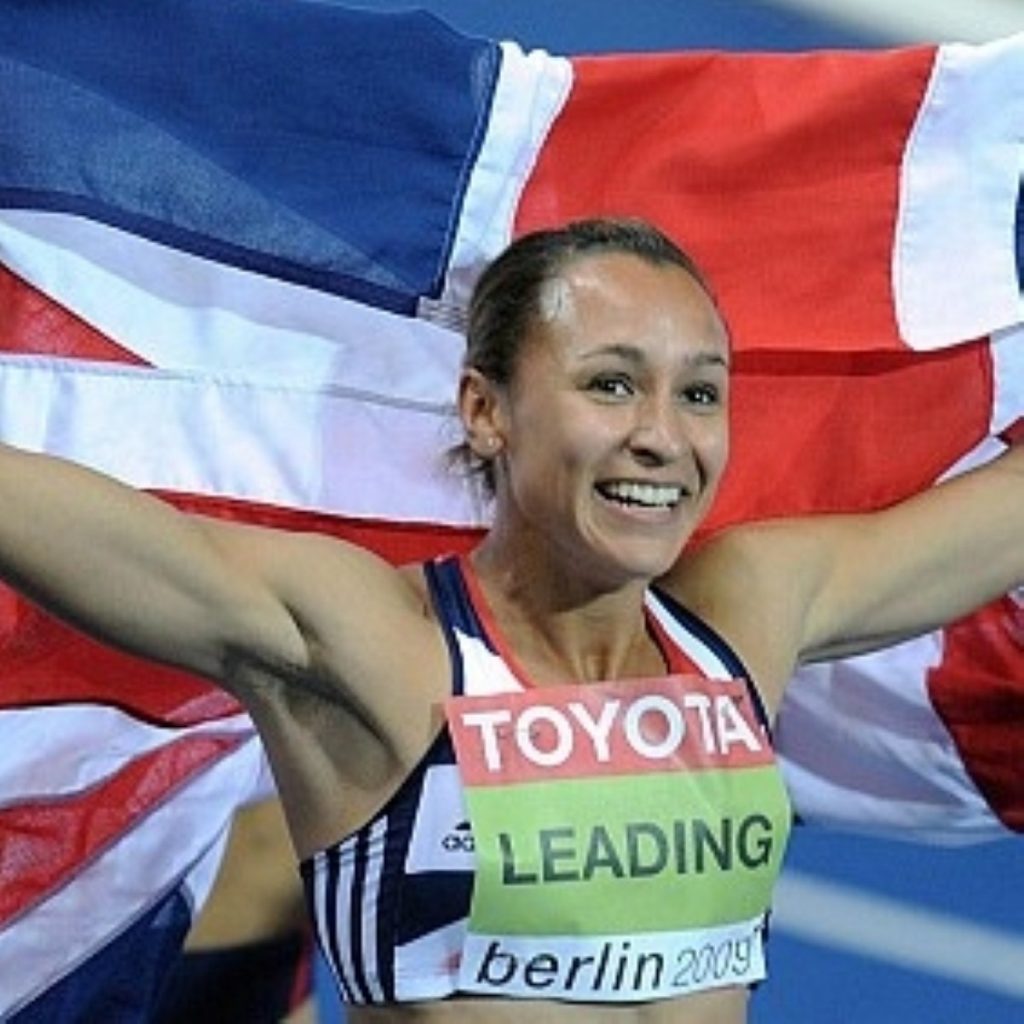No racism please, we’re British
By Charles MaggsFollow @charlesmaggs
Race is no longer an issue to most people in Britain according to the latest census figures out today.
Only 15% of the population are opposed to inter-racial marriages, down from 50% in the 1980s and 40% as recently as the 1990s.
Among the young it is even less of an issue, with as few as one in twenty 18-24 year olds having a problem with inter-racial relationships.


The figures have led Sunder Katwala, director of British Future, to suggest that Olympic poster girl Jessica Ennis is not only the face London 2012, but the face of modern Britain itself.
"Britain's Olympic heroine was born in Sheffield in 1986. 23 years earlier, her father had come to Britain from Jamaica as a 12 year old, following his parents who had emigrated two years earlier to look for work," she said.
"The Jessica Ennis generation can stake a strong claim to have won the race against prejudice.
"They are much more likely to be mixed race themselves, with one in ten children growing up with parents from different backgrounds; ever more likely to form mixed race relationships themselves; and much less likely to think there is any big deal about that anyway."
Christianity is in continuous decline according to the census figures, with four million less people describing themselves as Christian, while the number of people saying they are of 'no religion' nearly doubled from eight million to fourteen million.
These figures were welcomed by Andrew Compton, chief executive of the British Humanist Association.
"This is a really significant cultural shift. In spite of a biased question that positively encourages religious responses, to see such an increase in the non-religious and such a decrease in those reporting themselves as Christian is astounding," he said.
"Of course these figures still exaggerate the number of Christians overall – the number of believing, practicing Christians is much lower than this and the number of those leading their lives with no reference to religion much higher."
Only around one tenth of the 33.2 million respondents who called themselves Christian regularly attend church services.
Rev Arun Arora, director of communications for the Archbishop (of Canterbury's) Council was cautious about the figures.
"Obviously the fall in those choosing to identify themselves as Christians is a challenge. We need to look closely at the fuller figures published next year and to reflect on what these tell us," he said.
"One of the reasons may well be fewer people identifying as 'cultural Christians' ie those who have no active involvement with churches and who may previously have identified as Christian for cultural or historical reasons.
"They indicate a changing pattern of religious life in which traditional or inherited identities are less taken for granted than they used to be."
Meanwhile the number of Muslims in the UK has risen dramatically since 2001. 2.7 million people described themselves as Muslim, a rise of around 50% from 2001.












